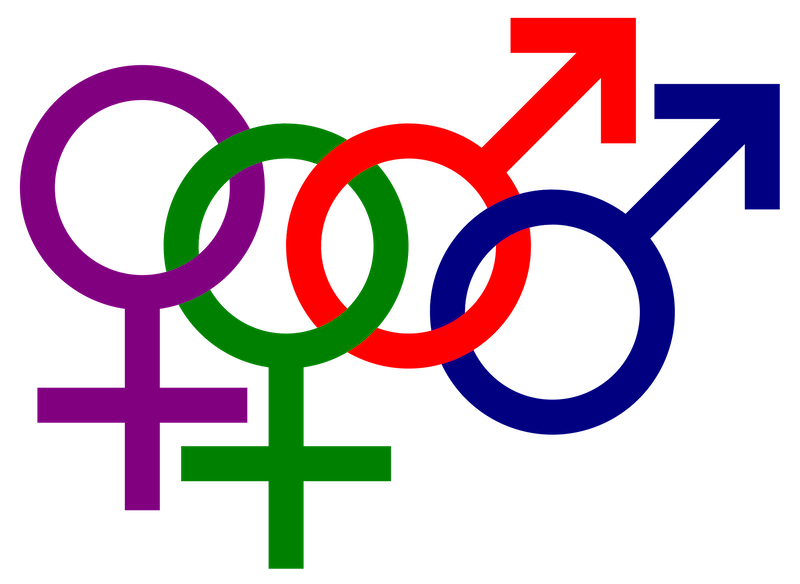بِسْمِ اللهِ الرَّحْمٰنِ الرَّحِيْمِ
We will begin by eradicating the misconception that Islam is more inclined to the people that are born in Muslim families. This is a big issue especially in the time we live in today.
The advantage of guidance is not in favour of those born into Muslim or non-Muslim families. Allah knows His creation; the souls He put in Muslim surroundings are just as inclined to Islam as those who are not. We are all given signs throughout our lives for the existence of the creator and it is up to us to follow these signs.
Disbelief is not ‘not knowing’ about Allah – disbelief is disobedience. Therefore, someone who claims to be a Muslim can still disbelieve.
Let us take note of an important aspect when it comes to Islam: deep down every living soul yearns for the worship of Allah:
And [mention] when your Lord took from the children of Adam – from their loins – their descendants and made them testify of themselves, [saying to them], “Am I not your Lord?” They said, “Yes, we have testified.” [This] – lest you should say on the day of Resurrection, “Indeed, we were of this unaware.” 7:172
Every soul before placed in the bodily form stood upon the creator and testified of His dominion. This was then wiped as we were put in the human form in order to be tested.
This is why we reach points in 0ur lives in which we question our existence. Why are we here and what happens when we pass? Curiosities were placed upon the humans in order to find their way to Allah.
There is no limit as to who can be become a Muslim. In Islam we believe that every human is born a Muslim up until the age of puberty then one is to make their choice. It is as this age that questions arise within us – the natural urge to seek guidance in life pre-programmed by Allah. We choose whether to follow these feelings. With sincerity, an open mind and most importantly an open heart, one will undoubtedly find that Islam has the answers to everything and that Allah is the one and only creator.
The Islamic message sent with many prophets in history teaching the world about the way of Allah and showing people the truth with proof.
Allah says in the Qur’an:
“He has ordained for you of religion what He enjoined upon Noah and that which We have revealed to you, [O Muhammad], and what We enjoined upon Abraham and Moses and Jesus – to establish the religion and not be divided therein. Difficult for those who associate others with Allah is that to which you invite them. Allah chooses for Himself whom He wills and guides to Himself whoever turns [to Him].” 42:13
Allah simply orders mankind to open up to Him. Put aside the bias and what we hear from the people opposing Islam without any knowledge. One must be sincere and Allah will guide one to Him.
His scripture is unparalleled with zero contradictions; scientific, mathematical and historical miracles; and guidance unlike any other. Allah challenges the world to form anything similar to the Qur’an:
“If all mankind and the jinn would come together to produce the like of this Quran, they could not produce its like even though they exerted all their strength in aiding one another.” 17:88
It is also mentioned in the Qur’an that any other scripture claiming to be the word of God will contain contradictions:
“Then do they not reflect upon the Qur’an? If it had been from [any] other than Allah, they would have found within it much contradiction.” 4:82
The way to Allah is made easy. Open your heart, ponder over Allah’s words and seek knowledge. He does not turn His back on His creation.
NOTE: When one is given a reference of the Qur’an or narration of the prophet (ﷺ) one must always find the source. Where was this information obtained from? If it is not from the word of Allah or from the teachings of the prophet (ﷺ) then one must know that it is not from Islam – this will ensure the teachings are correct.
Let us not allow this world to cloud our minds and our true purpose in life. Let us call on those who are lost, looking for guidance and show them the path to Allah. May Allah guide us all, Muslims and non-Muslims alike.
Allah knows best.




